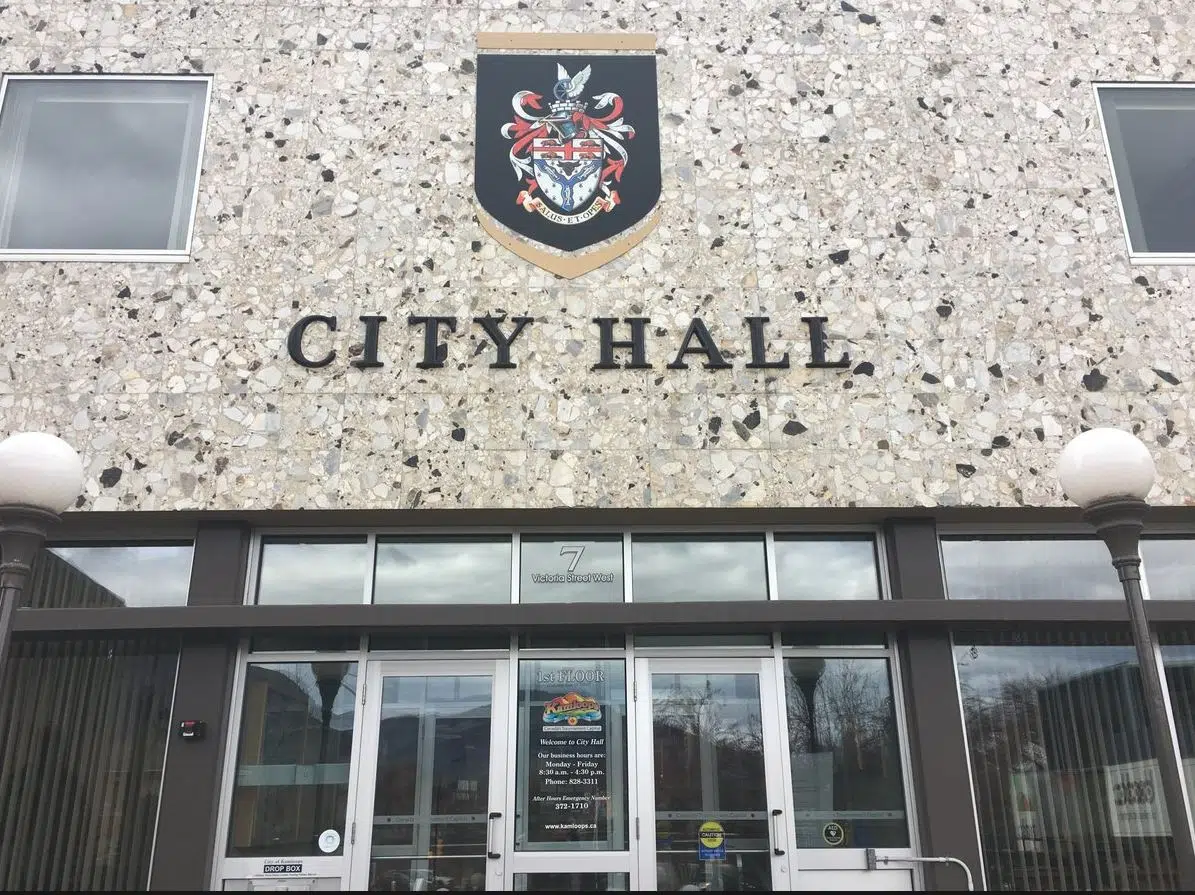
A Kamloops City Councillor is hoping to push back on provincial downloading, in a bid to ease what she called a “relentless” increase in costs to local taxpayers.
Katie Neustaeter says by gathering that data, it’ll show how much local taxpayers are paying for things – like increased number of medical calls that firefighters are responding to – that should the responsibility of the provincial government.
Neustaeter referenced statistics from Kamloops Fire and Rescue which showed that 67 per cent of calls between July and September were for medical reasons, with firefighters often arriving on scene before ambulances.
“That’s a prime example of provincial downloading, where our fire crews are managing health concerns and arriving and attending 75 per cent of the time before the things that are under provincial authority are being able to be actioned,” Neustaeter said, during Thursday’s Safety and Security Select Committee meeting. “I don’t understand why the province isn’t moving on this.”
“This is such an inappropriate use of fire resources, of vehicles that aren’t built for this, for people who did not train for this.”
The statistics also showed that KFR is on pace for a second-consecutive record year in 2023, with firefighters expected to respond to about 7,397 medical calls this year (up from 6,522 in 2022) and a total call volume of 11,132 (up from 10,325).
New data from @KamFire shows the organization is on pace for a second-consecutive record year in 2023.
KFR is on pace for 7,397 medical calls this year (up from 6,522 in 2022) and a total call volume of 11,132 (up from 10,325).#Kamloops @RadioNLNews pic.twitter.com/UrMAHj86hu
— Victor Mario Kaisar (@supermario_47) December 7, 2023
KFR is in the process of training firefighters from the “first responder” to the “emergency medical responder” level to help them better respond to an increase in medical calls.
Neustaeter says she fears if municipalities do not fight back, the province will continue to download costs onto taxpayers.
“I do think that locally we have to start moving on these things in more aggressive ways to ensure…that we stop absorbing these invisible impacts that just increase year over year relentlessly,” Neustaeter added.
“Until we can quantify it, it is difficult to make the arguments. I think its time to stop talking about it and that we start actually getting it down in dollars and cents and regularly submitting to the province as we see the continual impacts.”
Her comments come as Kamloops taxpayers are looking at a provisional 10.81 per cent increase in property taxes next year.
“The finance minister was talking on NL last week or the week before and basically denied that there is provincial downloading that causes a financial impact, and for me that was the final wake up call,” Neustaeter added. “Until we start making the same kind of noise that we’ve had to make, which is ridiculous on so many of these issues, they will not put their heads up and start to pay attention.”
“We need to start talking to them in a language they understand which is unfortunately not just our needs and our wants but dollars and cents.”
Councillor Kelly Hall, the Chair of the Safety and Security Select Committee, voiced his support for the idea, pointing to Bill 45 – the Miscellaneous Statutes Amendment Act – which may limit the ability of local governments to manage homeless encampments.
Hall called that Bill, which the Union of BC Municipalities is asking the Province to withdraw, ‘another downloading opportunity’ from the provincial government onto municipalities.
“I would be very supportive of a resolution that is brought forward to council to quantify exactly how much money is being downloaded by the provincial government onto municipalities,” Hall said.
“I agree with you, Councillor Neustaeter that until you actually stand up and say, ‘hey, listen, we’re not going to accept this any more’ it’ll continue to happen and you see it with Bill 45.”
Kamloops CAO David Trawin said he felt the issue wasn’t so much downloading, but rather a lack of services from the provincial government.
“Whether it be housing, whether it be mental health services, whether it be detox services, we are having to deal with – as you’re hearing today – the outfall of that,” Trawin said. “So council could do nothing, but ultimately the public is saying ‘that is a huge issue, you need to do something on that.'”
“We went to budget and a lot of things in the budget which you saw are related to the things which now we have to follow up on because of a lack of services from the province in my opinion.”
Councillor Dale Bass also noted the idea to quantify costs was good, but asked Trawin if staff would be able to gather that data without adding too much to their workloads.
“It is another thing to do but we can get you high level costs fairly easily,” Trawin said.
At this time, it is not clear when this discussion will move to City Council. There is one more meeting left before the holiday break this year – December 12 – with council set to resume on January 9.
“Lets start with a high level and see if we can get some attention. We did just finish the budget, so we know that [Corporate Services] Director [David] Hallinan will have a lot of things on his radar already and we’ll be able to quantify them from the last year,” Neustaeter said.
“Some projections should be available so lets start wherever we need to start and then if it also follows finance practices, it just becomes part of what is measured as we move along.
















